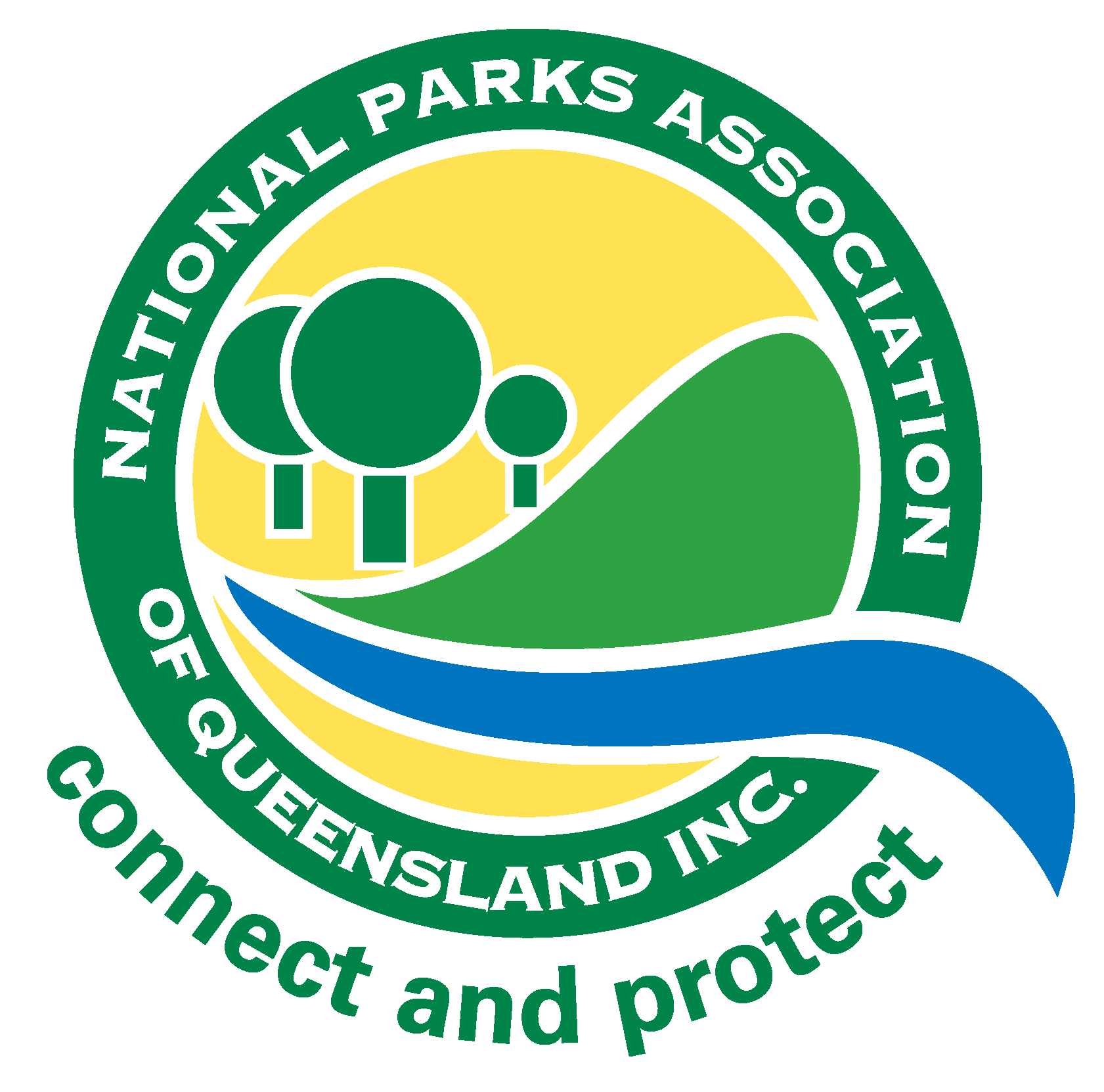Ecotourism, National Parks
Ecotourism for Kids: Enhancing Children’s Relationship with Nature
Environmental education is a fundamental aspect of ecotourism. It characterises ecotourism and differentiates it from other forms of nature-based tourism. Ecotourism education can increase visitors’ knowledge of and conservation attitudes towards the protected area, as well as promote pro-environmental attitudes and behaviour in general. Genuine, well-designed ecotourism can be a tool for supporting biodiversity conservation and allowing strategic tourism development whilst protecting natural and cultural heritage values in protected areas such as national parks.

Although ecotourism is considered a good way to develop environmental values among tourists, few studies have focused on the educational impact of ecotourism on young children.
A study was conducted to explore how play in ecotourism sites supports children to learn, not just about, but also with nature. It focused on understanding the relationship between preschool aged children and nature in ecotourism in Queensland, using the theoretical concept of play-based learning as a pedagogical method.
The data was gathered through 10 semi-structured interviews with professionals in ecotourism and children’s education with knowledge of and experience in planning and providing educational activities for young children.
The findings show that ecotourism sites can offer a favourable setting for early childhood environmental education and for enhancing the child-nature relationship. However, if children do not actively and regularly engage with the natural world, they do not form a sound relationship with it. The study emphasises three findings more specifically: learning about nature through play, the role of adults in learning, and learning through storytelling.
Learning about nature through play
Interaction and play in nature contribute to children developing an understanding and respect for the natural world and all the living things in it. According to research and the professionals interviewed in the study, there is a relationship between early childhood experiences in nature and the formation of pro-environmental values and attitudes.
In order for children to develop love and care for the natural world, they need to learn about nature and how life is connected to it. Ecotourism sites, e.g. in national parks, are excellent learning spaces for children to get familiar with nature and build a relationship with it. This idea stems from the environmental stewardship premise in which children are considered as potential guardians of nature. Animals, sticks, stones and other natural elements are “tools” to support play and learning in nature. Also, roleplay is an important play activity through which children can learn about nature and develop a positive relationship with it. Children can pretend to be a national park ranger or a wildlife hero in a mission to save the national park or a specific animal in it.
Adults influencing and shaping children-nature relationships
The presence of adults, especially that of parents and educators, is important in influencing the relationship between children and nature.
For learning through ecotourism (about nature) to be fruitful, it requires the commitment and support of adults at home. Adults have a significant part as role models in children’s journey to develop a relationship with nature. Adults are seen as role models, but also as supporters, facilitators, guides, supervisors and providers of play opportunities in nature. They (mainly parents and educators) are gatekeepers for children’s access to natural environments, and therefore play a key role in supporting learning about nature and forming a relationship with it.
However, research supports the idea of free play in nature arguing that it is important to let children play and explore without too much adult involvement, guidance or interference. Free and unplanned play in nature allows children to learn with nature as they explore natural materials and learn through discovering and interacting with the natural world (animals, insects, plants etc.).
The power of storytelling

The study suggests that storytelling is a powerful means for enhancing children’s relationship with the natural world. Storytelling stimulates children’s imagination and supports their learning with nature. Therefore, it can be used as an interpretive tool for early childhood environmental education in ecotourism sites.
Preschool children love listening to stories and sharing them with others. They can use storytelling to make sense of their experience with nature, for example through reflection. They can also mentor each other with their own stories. Storytelling allows ecotourism sites to create conversation with children that they are part of nature, not separate from it. This way play-based learning in nature allows children to co-design their own experiences and activities in natural environments the way they want.
Storytelling is a powerful practice for play-based learning in environmental education aimed at young children as it allows children to learn with nature and create stories based on their own learning experiences with the natural world. It helps children to understand their own relationship with nature and form a personal connection with it. Thus, storytelling also helps children to develop a sense of place.
To conclude, play in ecotourism sites is seen as a way to help children learn about nature and form a relationship with it in order to develop pro-environmental values and attitudes. Adult guidance is an important part of play in nature and learning about nature. Whereas, free and independent play provides an opportunity through spontaneous encounters with the natural world to learn with nature, and storytelling helps children to position themselves as part of it.
How can ecotourism sites then use play-based learning as an educational practice to support children-nature relationships?
Essentially, they should incorporate play-based pedagogies in their education programmes. They can encourage child-led nature play opportunities by providing space for free nature play, organise nature play groups or allow nature-based kindergartens (such as forest schools and bush kindergartens) to utilise their space.
Play spaces and activities should be safe and designed or selected with learning and development principals in mind, allowing children to engage with nature independently and spontaneously.
Finally, storytelling practices should be incorporated in educational programmes and play activities. It is important to provide opportunities for children to create stories from their interaction with nature and to share the stories with others.
Reference: Heli King, José-Carlos García-Rosell & Steve Noakes (2020): Promoting children-nature relations through play-based learning in ecotourism sites, Journal of Teaching in Travel & Tourism, DOI:10.1080/15313220.2020.1797612


